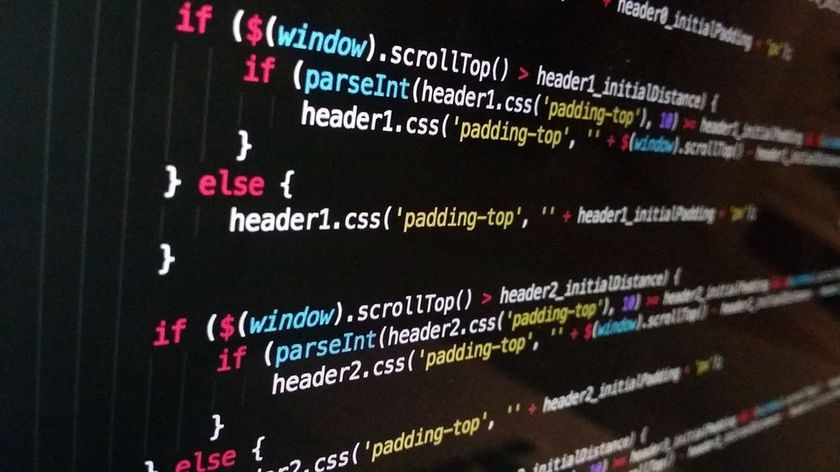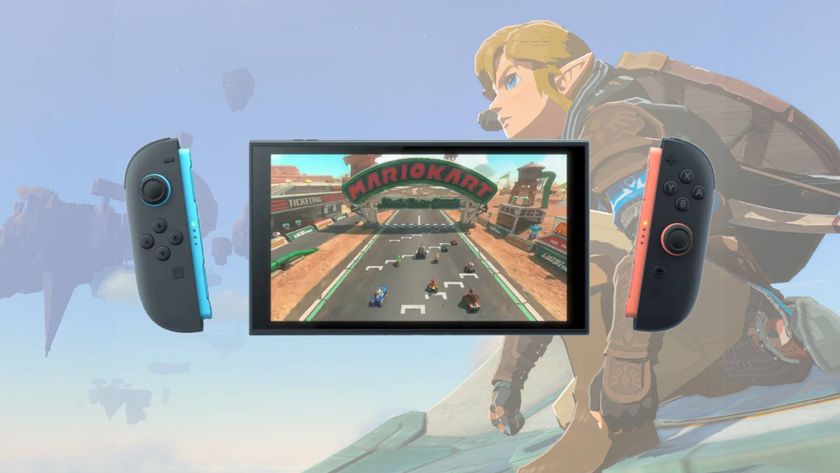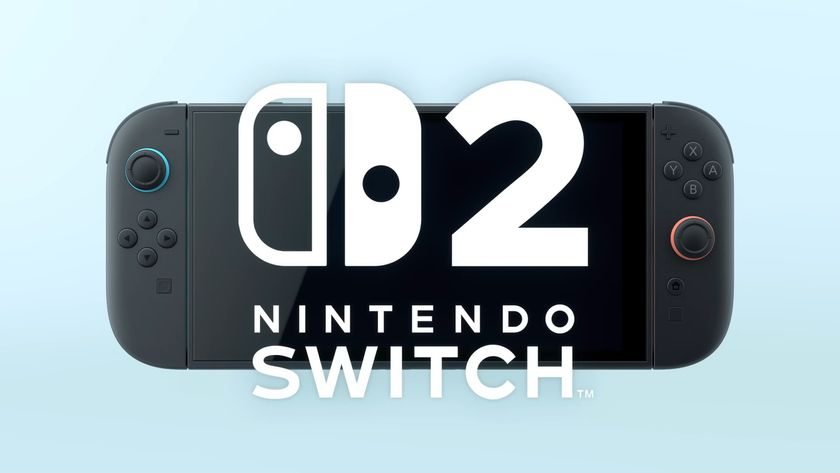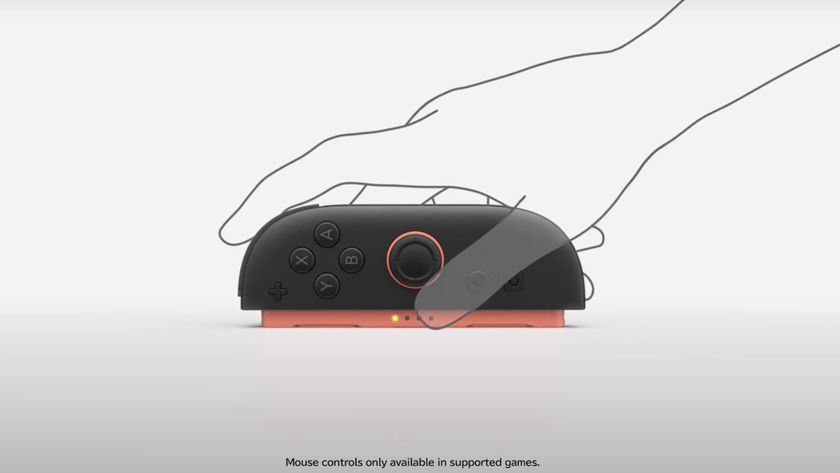This is the world's largest computer chip
Startup reveals 1.2 trillion transitor chip for AI and deep learning boost
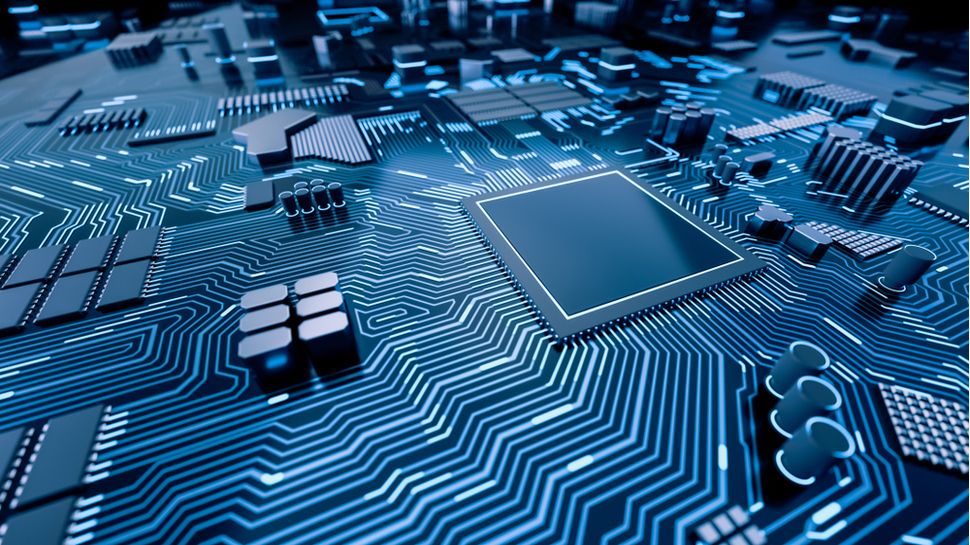
A new AI startup has launched what it says is the largest semiconductor chip ever built.
Cerebras Systems has taken the wraps off its Wafer Scale Engine (WSE), which packs in 1.2 trillion transistors, as a new type of computer optimised exclusively for AI and deep learning capabilities.
This puts it far ahead of other chips currently on the market, with recent launches from other chip leaders such as AMD and Nvidia packing in between 20 and 30 billion transistors.
- AMD Processors: the best AMD CPUs in 2019
- What is AI? Everything you need to know
- Is AI the new personal touch?
Enormous
Cerebras says that its hardware will benefit AI processing capabilities, which are often held back by a lack of available compute capacity.
The company says testing a single new hypothtesis or training a new model is both expensive and time-heavy, often taking weeks or even months on currently-available systems.
Cerebras believes its new chip can help meet the "enormous computational demands" of deep learning, being purpose-built to allow for greater computation than any other hardware on the market today.
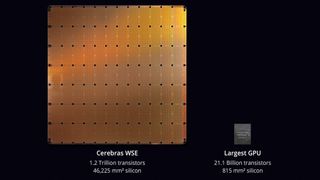
Unlike many other high-powered chips on the market today, which are actually a collection of chips piled on top of a silicon wafer, the WSE is a single chip on a single wafer, allowing for much faster transfer speeds and processing capacity.
Are you a pro? Subscribe to our newsletter
Sign up to the TechRadar Pro newsletter to get all the top news, opinion, features and guidance your business needs to succeed!
The WSE is more than 56X larger than the largest graphics processing unit, containing 3,000X more on-chip memory and capable of achieving more than 10,000X the memory bandwidth, with high-speed memory close to each core ensuring that cores are always occupied doing calculations.
Across its 46,225 square millimeters of silicon, (making it slightly smaller than a typical tablet) the chip is able to deliver 400,000 AI-optimised cores, and its specialised memory architecture ensures each of these cores operates at maximum efficiency.
The WSE provides 18 gigabytes of fast, on-chip memory distributed among the cores in a single-level memory hierarchy, one clock cycle away from each core.
There's no news yet on when the hardware will be available for wider use, with Cerebras simply saying updates will be coming soon.
- The best laptops for programming in 2019

Mike Moore is Deputy Editor at TechRadar Pro. He has worked as a B2B and B2C tech journalist for nearly a decade, including at one of the UK's leading national newspapers and fellow Future title ITProPortal, and when he's not keeping track of all the latest enterprise and workplace trends, can most likely be found watching, following or taking part in some kind of sport.
